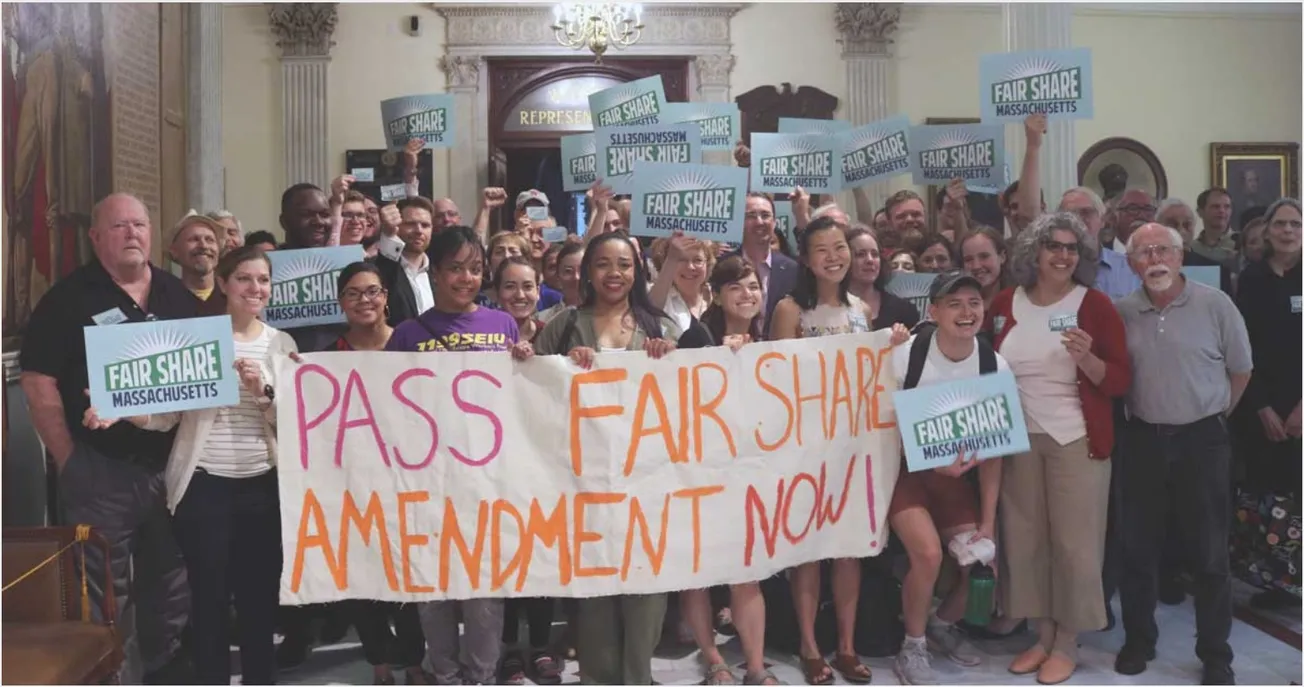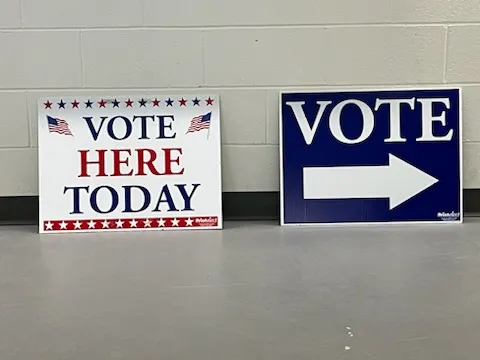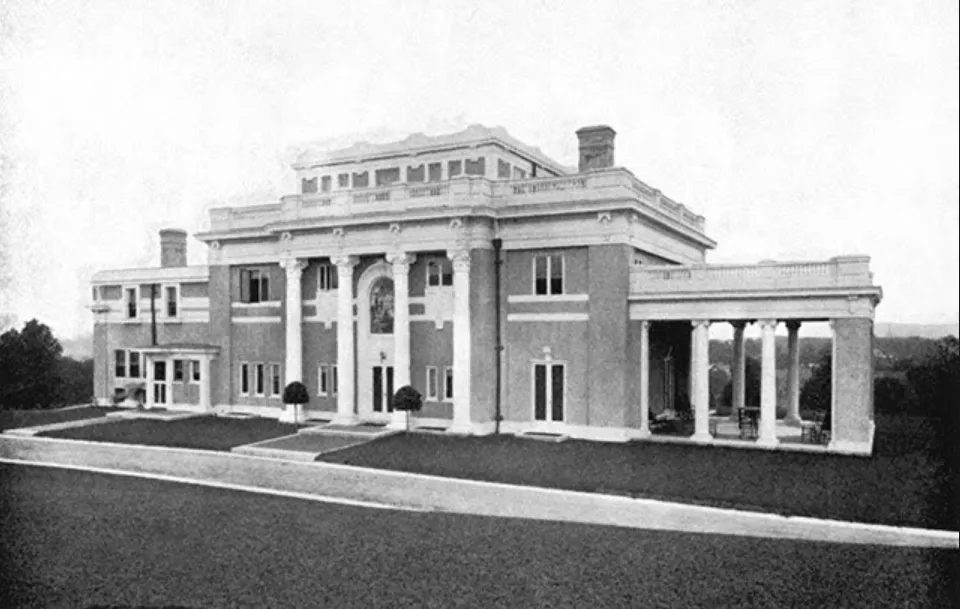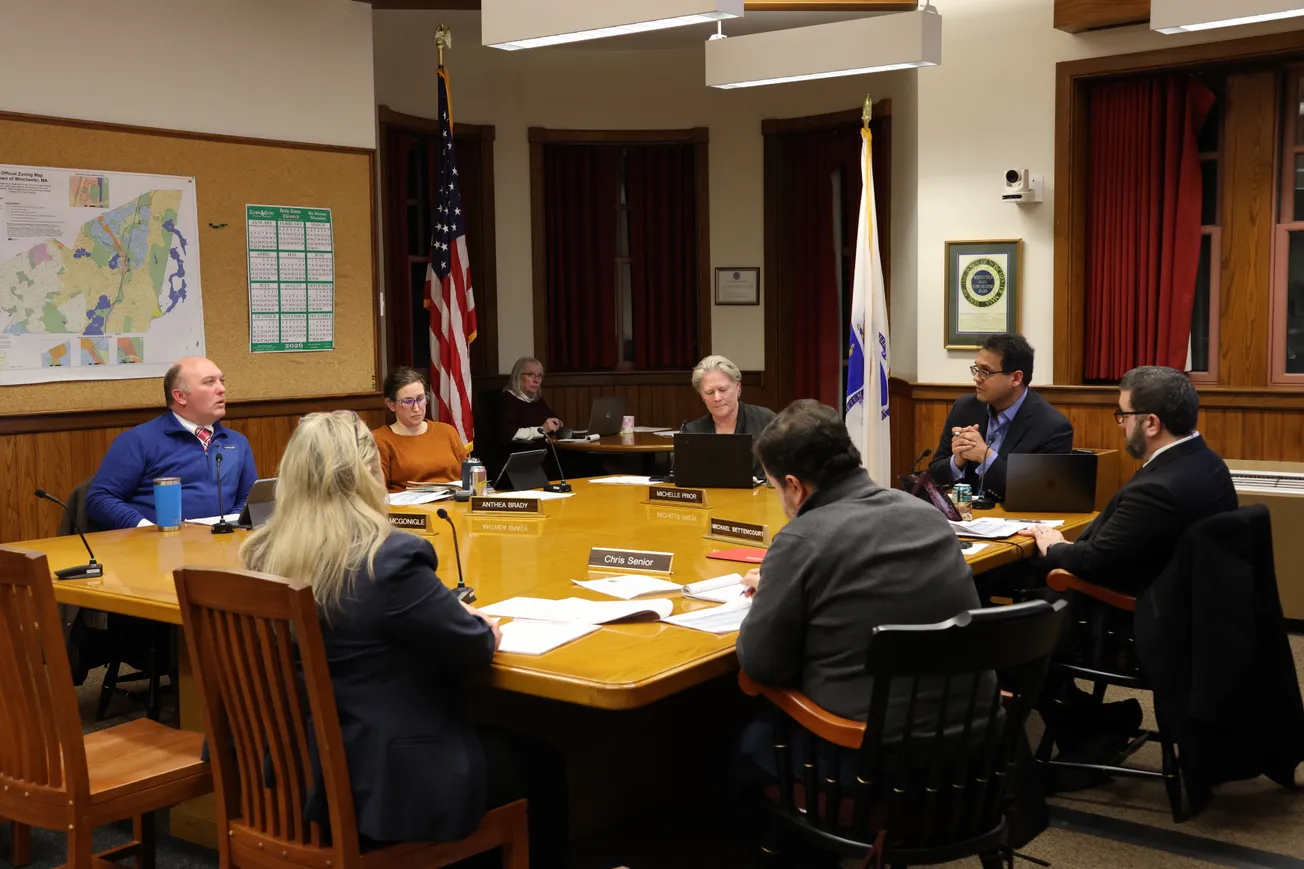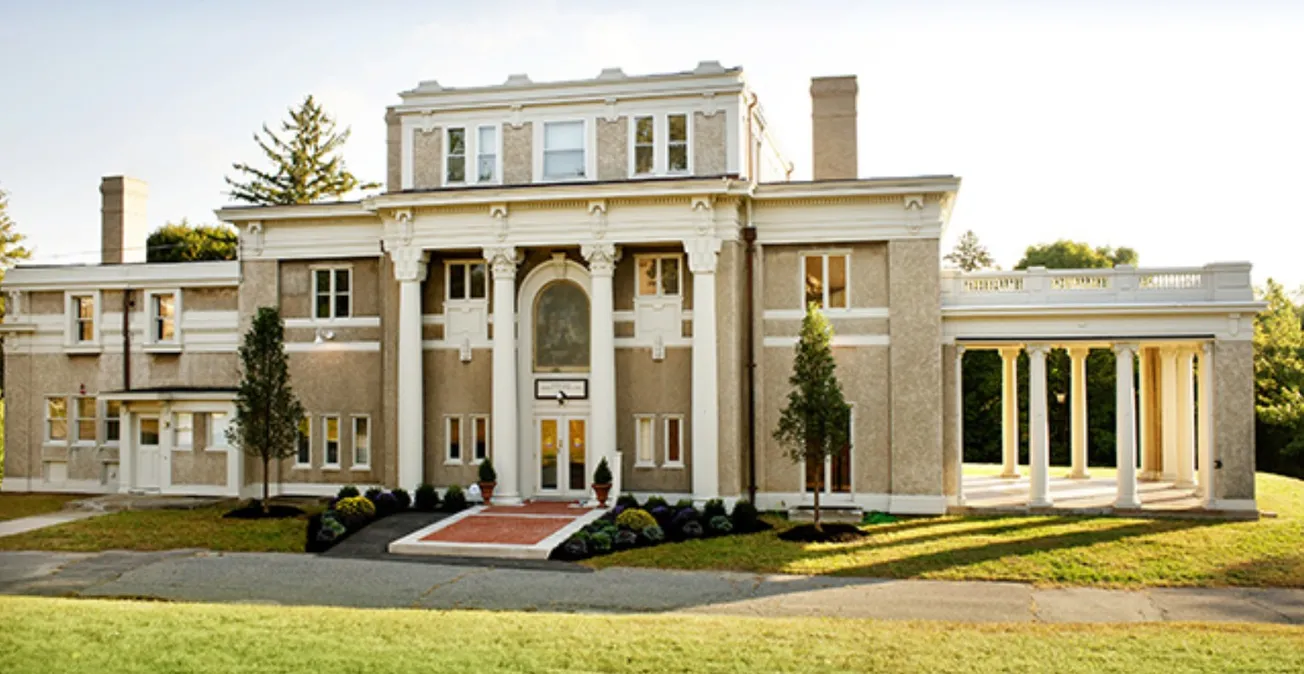Table of Contents
The following is an opinion column written and submitted by Sen. Jason Lewis and Rep. Jim O’Day:
Less than two years after voters approved the Fair Share Amendment to the Massachusetts constitution, the “millionaire’s tax” is already having a positive impact on Massachusetts. Our state now has a fairer tax system, and we are making transformative investments in education and transportation that are improving residents’ lives.
From 2015 to 2022, we were proud to be the lead legislative sponsors of the Fair Share Amendment, the constitutional amendment to establish a new 4% surtax on annual incomes exceeding one million dollars, with the revenue dedicated to funding our public schools, colleges, roads, bridges, and public transit.
Working alongside the Raise Up Massachusetts coalition of community organizations, faith-based groups, and labor unions, we helped shepherd the amendment through four legislative votes and onto the November, 2022 ballot.
The Fair Share Amendment was designed to address two related problems: our unfair tax system, and years of inadequate investment in public education and critical transportation infrastructure. We’re already making great progress on both counts.
Before Fair Share was passed, the richest 1% of Massachusetts residents paid a lower portion of their income in state and local taxes than did lower- and middle-income taxpayers. But the new Fair Share tax closes most of that gap, with the state’s highest-income residents now paying closer to the same share of their income that the rest of us pay.
And because the tax is only applied to the portion of a taxpayer’s annual income that is over $1 million (with that threshold increased annually for inflation), most of the revenue raised comes from those making more than $5 million – the richest of the rich.
As a result, according to the Institute on Taxation and Economic Policy, Massachusetts is now the seventh most “progressive” state tax system in the country, moving up 10 spots from before voters approved the Fair Share Amendment.
While the ultra-rich are paying a little bit more, the Fair Share Amendment is making Massachusetts more affordable for everyone else.
Since last year, money from Fair Share has enabled every public K-12 student in the state access to free breakfast and lunch at school. Families are saving $1,200 a year per child due to free school meals, and the number of students who are eating a healthy school breakfast and lunch has increased by 24.5% and 16%, respectively.
Starting this fall, Fair Share will fund free community college for every student in Massachusetts, covering both tuition and fees as well as a $1,200 stipend for students whose income is less than 125% of the state median to help pay for books and other expenses. We’ve also increased financial aid significantly for students at our public colleges and universities, and campuses are already seeing higher enrollment as a result.
At the MBTA, Fair Share is funding hundreds of millions of dollars in much-needed infrastructure improvements, including station and accessibility upgrades, bridge repairs, subway track and signal improvements, and commuter rail projects. And for low-income T riders, the tax now funds a reduced fare program to lower the cost of commuting.
For bus riders in other parts of the state, Fair Share is supporting the largest-ever investment in regional transit authorities, allowing them to expand service, eliminate fares, and add new routes. And the new tax has already generated record funding to local cities and towns for road and bridge repairs, so that municipalities can repave more miles each year.
Finally, the Fair Share Amendment is supporting record investments in early education and child care, from expanding universal preK to thousands of children in Gateway Cities and rural communities, to providing grants to child care providers so they can serve more children and raise the wages of their educators without hiking tuitions for families.
These investments funded by Fair Share are making Massachusetts more affordable and equitable for working families and are supporting two key building blocks of a competitive economy: a well-educated workforce and a reliable transportation system.
During the years it took to pass the Fair Share Amendment, opponents claimed there would be dire consequences, from millionaires fleeing the state to tax revenues plummeting. But nearly two years after the amendment’s passage, those claims are proving to be false.
The state collected $2.2 billion in Fair Share revenue during its first full year of implementation, far surpassing the projected amount of $1 billion. And there is no evidence of substantial millionaire flight beyond the usual number of retirees who leave each year. In fact, Massachusetts’ population grew in 2023, the first year the Fair Share Amendment was in effect, after declining in 2022.
With the Fair Share Amendment, Massachusetts asked the state’s wealthiest residents to pay a little more to make much-needed investments in education and transportation. Not even two years later, Fair Share is working as intended, and we’re all better off as a result.

